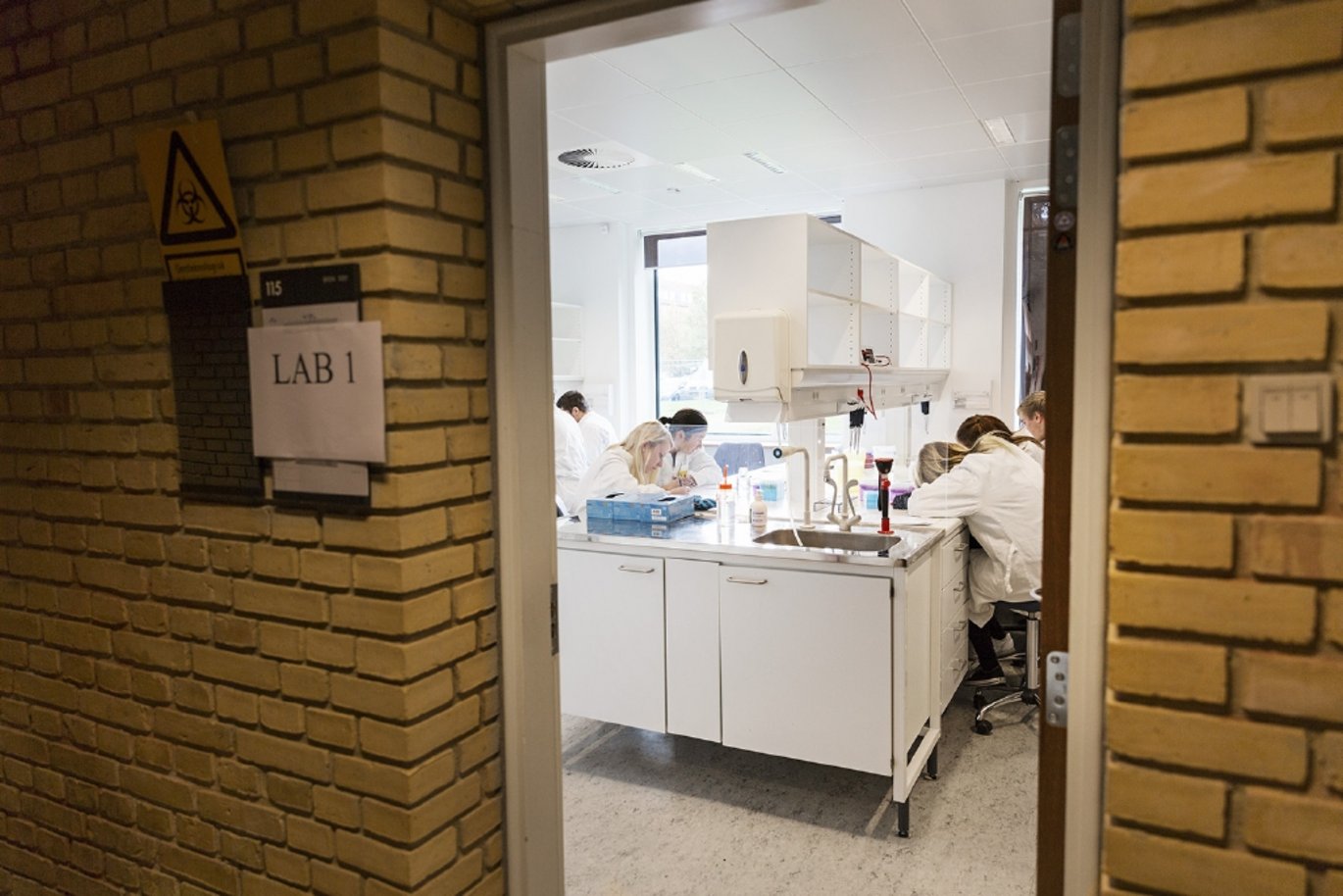Vice-Dean Lise Wogensen: »We need to get back to academic reflection«
As the first at AU, researchers at Health have a code of conduct for responsible conduct of research that is so hands-on that they can take out of the pocket of their lab coat and follow its advice in their daily work at the department or laboratory.


Who ought be listed as co-authors of a scientific article – and perhaps just as interesting in this context – who ought to be omitted? What about the storage of sensitive personal data on laptops? And how do you actually prepare a protocol that nobody can find fault with it?
Vice-Dean at Health, Lise Wogensen, has been involved in putting the finishing touches to a code of conduct for the responsible conduct of research aimed at researchers within the health sciences.
A great deal of cultural variation
Researchers can find the answer to the question of who should be credited as the authors of an article, as this is precisely described in the code. According to Lise Wogensen, co-authorship and placement in the order of authors is a topic that can be "the root cause of endless controversies between researchers” within the health sciences.
"There are some environments in which the principal supervisor is never credited in a publication. The author is the student or the person who produces the work itself. But we’re well aware that in other environments, a large group is involved in the preparation of the article. So the reason for the code being so operational is to create a common understanding of what responsible conduct of research is," says Wogensen.
Process the most important aspect
In addition to the specific standards for Health, the vice-dean has also been at the forefront of the work on the overall code of conduct and guidelines for the responsible conduct of research at AU.
"This work is intended to start some discussions in the research environments. Encourage researchers to reflect on their own practice. So the process is basically the most important aspect," she says.
Before continuing:
"You can carry out a range of actions to cut corners which might result in your research not having the same credibility that it would have had, ifyou took that little bit longer to validate your methods. Or included the right references. Or regularly sat down with your students and those you supervise in the research group, to discuss each other's raw data."
People are not doing that today?
"Time has become limited with pressure from many sides. When you have meetings with PhD students and other researchers, virtually everything is presented in PowerPoint. It looks really impressive because they’re really good at it. But you can't see whether some values have been omitted or where the data comes from. But that’s what you must discuss, as there is a long way from planning tests and experiments to seeing the finished result. Plenty of corners can be cut along the way. So we need to get back to academic reflection."
What do you mean by getting back to reflection?
"Everything has to happen so fast – which is also one of causes identified in the foreign literature. You go from one article to the next, preferably without a break, because you have this requirement to constantly produce and also to publish in the best journals. You also hear about how the individual researchers are really busy."
How can researchers find time in a reality like you describe?
It’s a combination. We can try to encourage researchers to reflect on good scientific practice in their daily activities. While at the same time trying to say to ministries and grant recipients – and also when we employ people: Try to think about the fact that it’s not the number of articles, but the quality of the work being produced."
Link to the Standards for responsible conduct of research at Health (in Danish): »Standarder for ansvarlig forskningspraksis ved Health«
Translated by Peter Lambourne.

